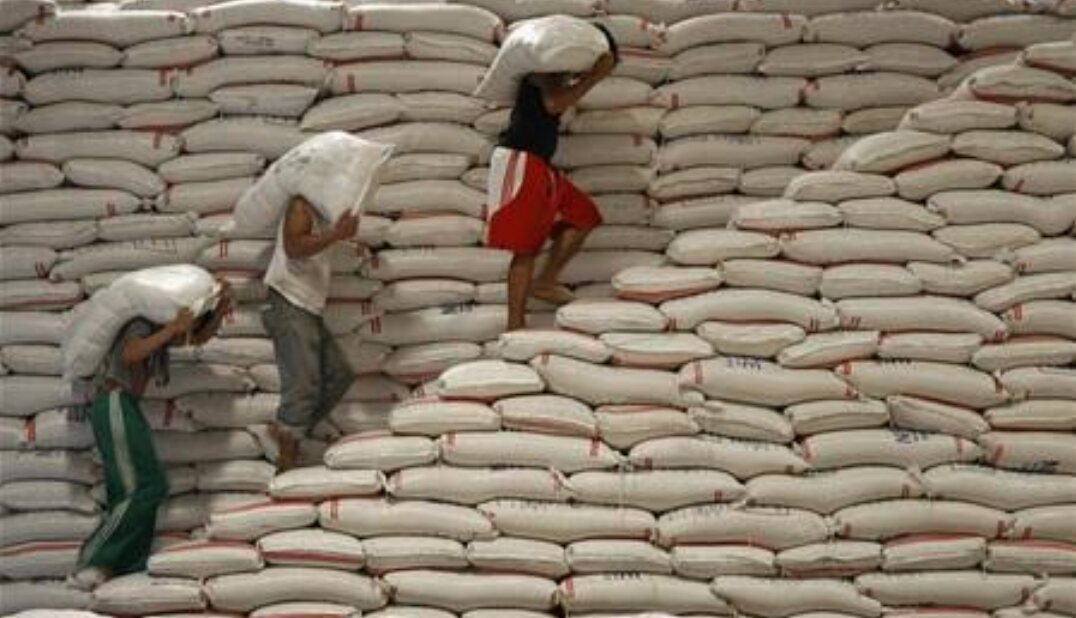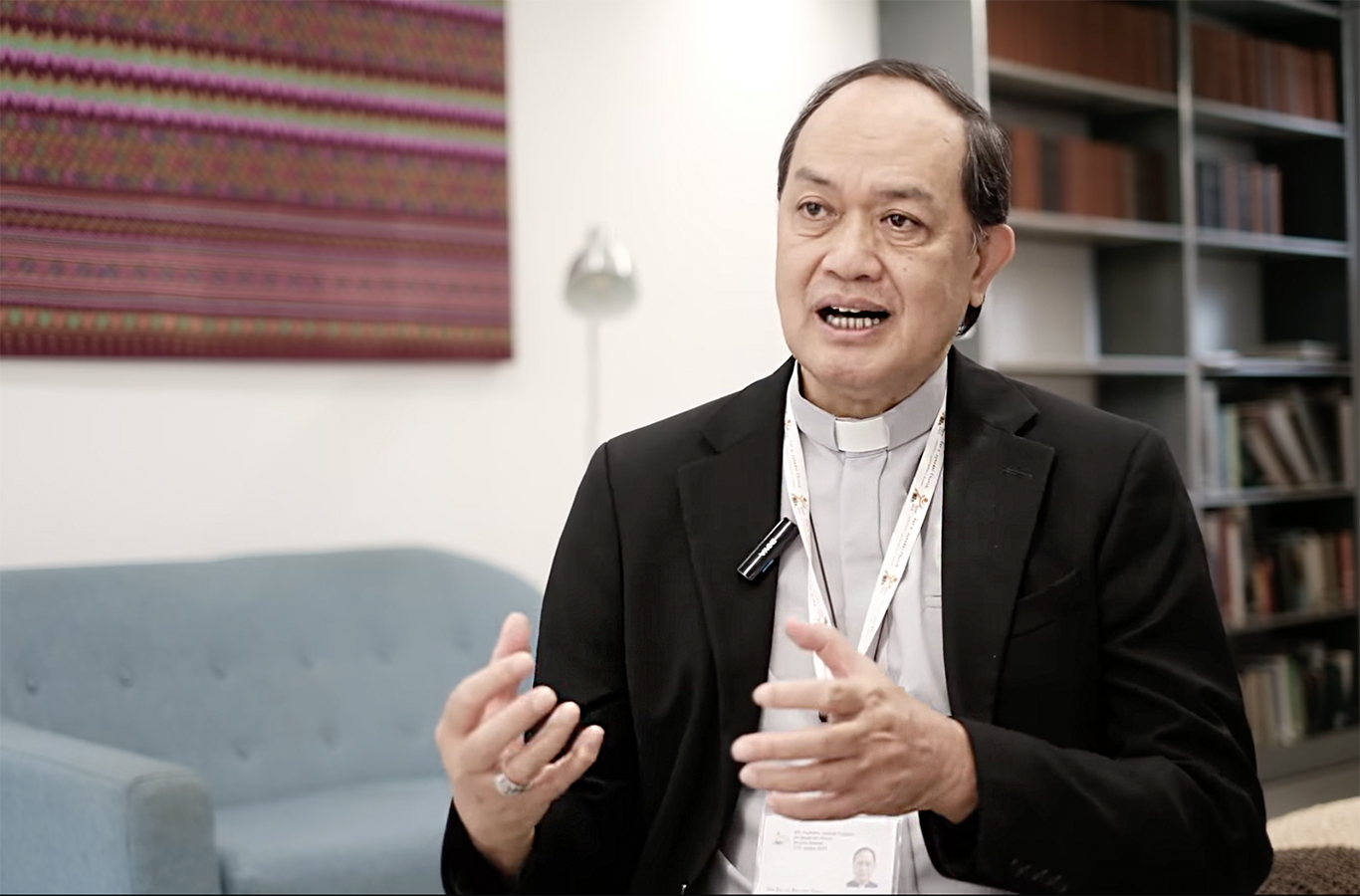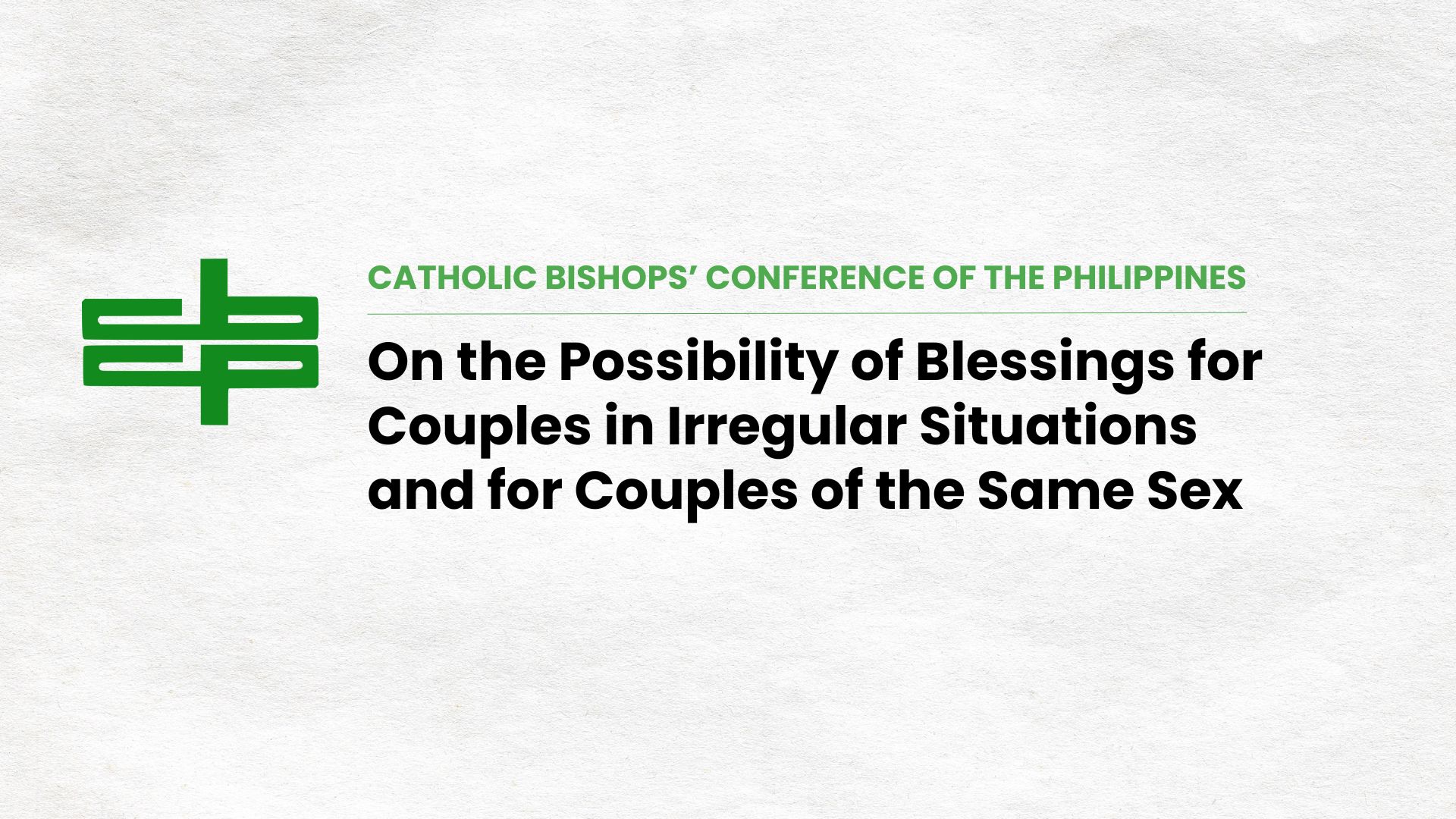
IS it too hard to understand the saying that the one and only rational response to hunger is food? Reason and logic—even morals and ethics—can be well irrelevant to hungry people. Hunger and despair go hand in hand, especially for helpless and hopeless people. And to respond thereto with unbridled anger and mortal force makes the perpetrators not simply callous and merciless but also downright inhuman, if not emotionally impaired or mentally burdened.
And this brutality and inhumanity were once more lately brought to crude and shameless reality with the violent dispersal of farmers in Kidapawan. The shout for food and help by the miserable and starving farmers were met with anger and guns. The farmers were crying for food to eat and help to work out their living as their farms have recently become useless for farming due to El Niño. Their anger and desperation made them insistent and demanding. What they got instead were guns and live bullets.
The finally out-going government headed by someone from a well-known clan of a huge hacienda holding appears to be used to but looking down and despising poor and starving farmers. The Mendiola Massacre is a historical proof of such a sad reality. In other words, killing poor and helpless farmers is but a matter of course for certain callous individuals with immense land holdings. The Kidapawan episode—just like the Mendiola inhumanity—also showed farmers asking for what was simply their due. But they were instead inflicted wounds and sent to their death.
They were but asking for what was theirs. Help to care for their farms, for the production of more rice and thus improve their living. And what they were asking for was not help coming from the pockets of government officials but assistance coming from all kinds of the taxes imposed and taken from the people—the farmers themselves included. They were merely asking even but for a little share of public funds intended for the common good, in order to somehow improve their lives.
But then, wanting, hungry, and desperate, what they eventually got were guns drawn, bullets fired, and lives killed. No. The farmers are not saints. They neither belong to the nobility nor to high class villages. But human persons they are. Human rights they have. Human dignity they are endowed with. They are not a bunch of thieves who should be met with guns. Such detestable events usually happen in dictatorial regimes, in countries ruled by godless tyrants.
The Kidapawan tragedy is now a shameful episode in Philippine History. What makes it extra detestable is that it took place during the “Daang Matuwid” government that has in fact become infamous for its graft and corrupt practices—plus callous observances. Such callousness is but another incarnate falsity of such an empty and delirious claim to righteousness. It is markedly possible akin to certitude that the now delegated candidate for the presidential office is markedly and continuously tailing far behind in approval ratings precisely because of his patron—the promoter and lover of the “Daang Matuwid” hurrah which has become not merely a laughing stock but truly a detestable claim.
The quest for quiet in our digital world
THIS is now the veritable big challenge we all have. With all the noise and frenzy created by our increasingly digital age, we are also slowly but steadily neglecting our need for silence, for reflection, for an abiding spirit of recollection if only to continue to be in touch with our existential foundation who is God.
We have to face this challenge squarely. We have to raise the alarm since the situation is getting seriously grave. We cannot anymore take this issue for granted. What a pity it would be if we are lulled to believing that we are gaining a lot in our life when in fact we are ebbing away to perdition.
The challenge posed by this new digital age is today’s formulation of the classic challenge articulated in the gospel: “What does it profit a man to gain the whole world and forfeit his life?” (Mk 8,36) We should always be most aware of this divine admonition.
The digital culture is notorious for giving us the sensation of immediate response to relieving some of our needs and instantly satisfying our curiosities and all sorts of whims and caprices.
This is, of course, a relatively positive feature of such culture. But we have to realize also that such phenomenon can also give rise to reflex reactions that are often bereft of good reason, let alone, emptied of the requirements of charity and truth. We are often pressured to shoot from the hip.
For all the advantages that the digital world gives us, we have to realize keenly that there is a price to pay for that, and, in fact, it is quite a stiff price! We should be willing to pay the price.
We should not be easily beguiled by its apparent facility and gratuitousness or its costless feature. It actually requires a lot from us. It demands nothing less than a high level of capacity to discern, to organize things, to observe the proper order of things, etc. In short, a new level of human and Christian maturity. The price to pay is to develop a higher level of discipline fit for the peculiarities of the digital age.
Obviously, finer guidelines have to be formulated as we go along and tackle changing situations and new circumstances. What is clear is that to properly cruise in this often uncharted ocean created by our new technologies, we need to firm up our capacity to pray, to reflect, to be recollected.
Post Credit: CBCP News











